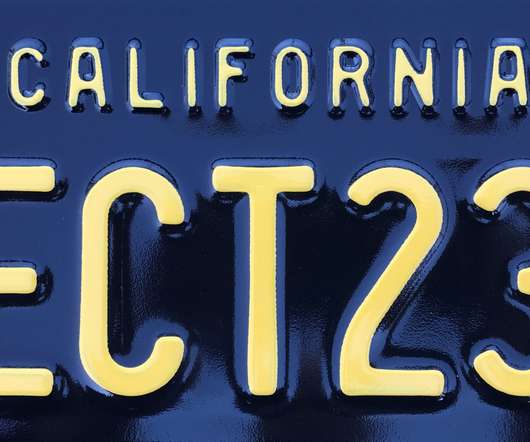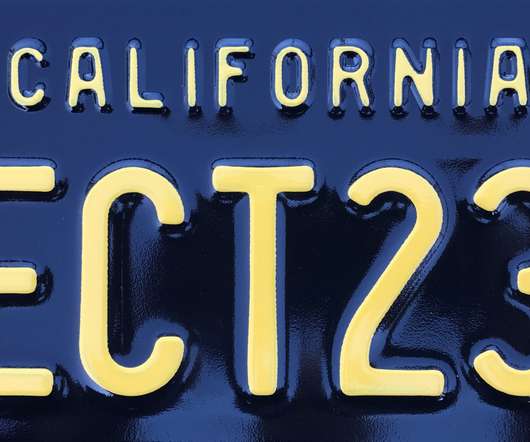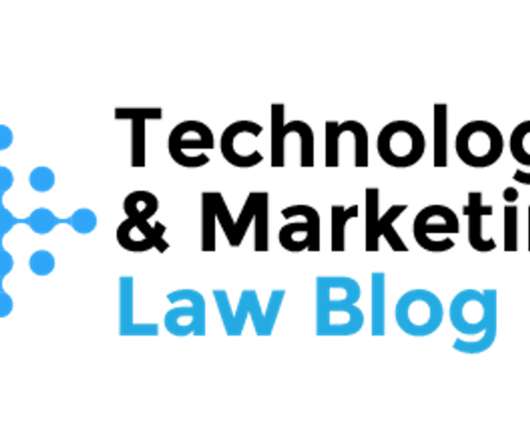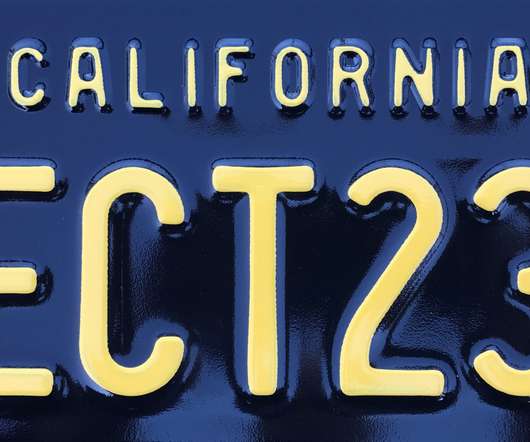Dark Patterns Unmasked: Examining Their Influence on Digital Platforms and User Behaviour
SpicyIP
OCTOBER 27, 2023
Interface interference is a tactic that hinders consumers from performing actions like cancelling subscriptions or deleting accounts, such as redirecting them to another page while trying to cancel a pop-up advertisement. This includes endorsements of personal experiences without disclosing the fact that they are paid for it.
























Let's personalize your content